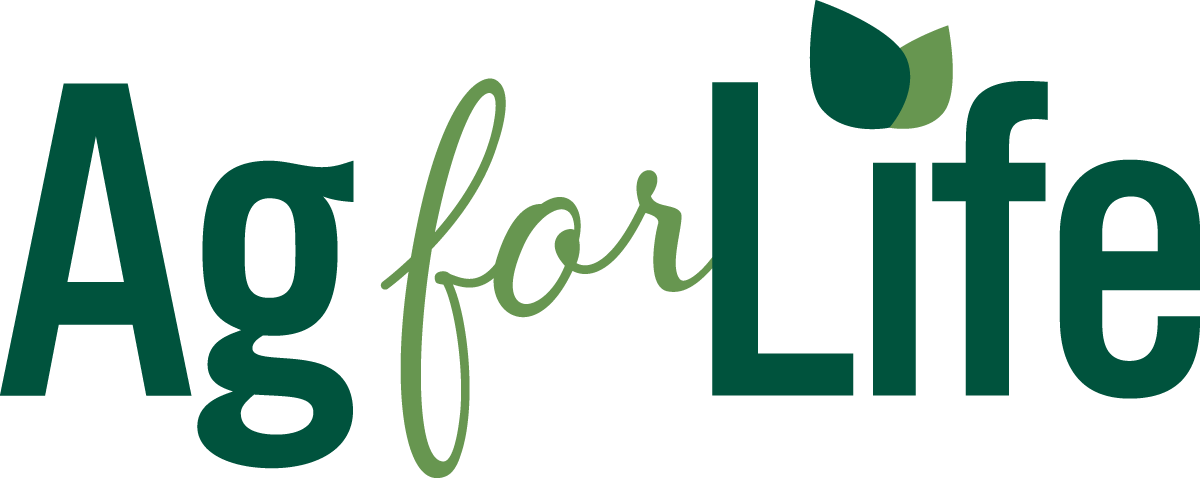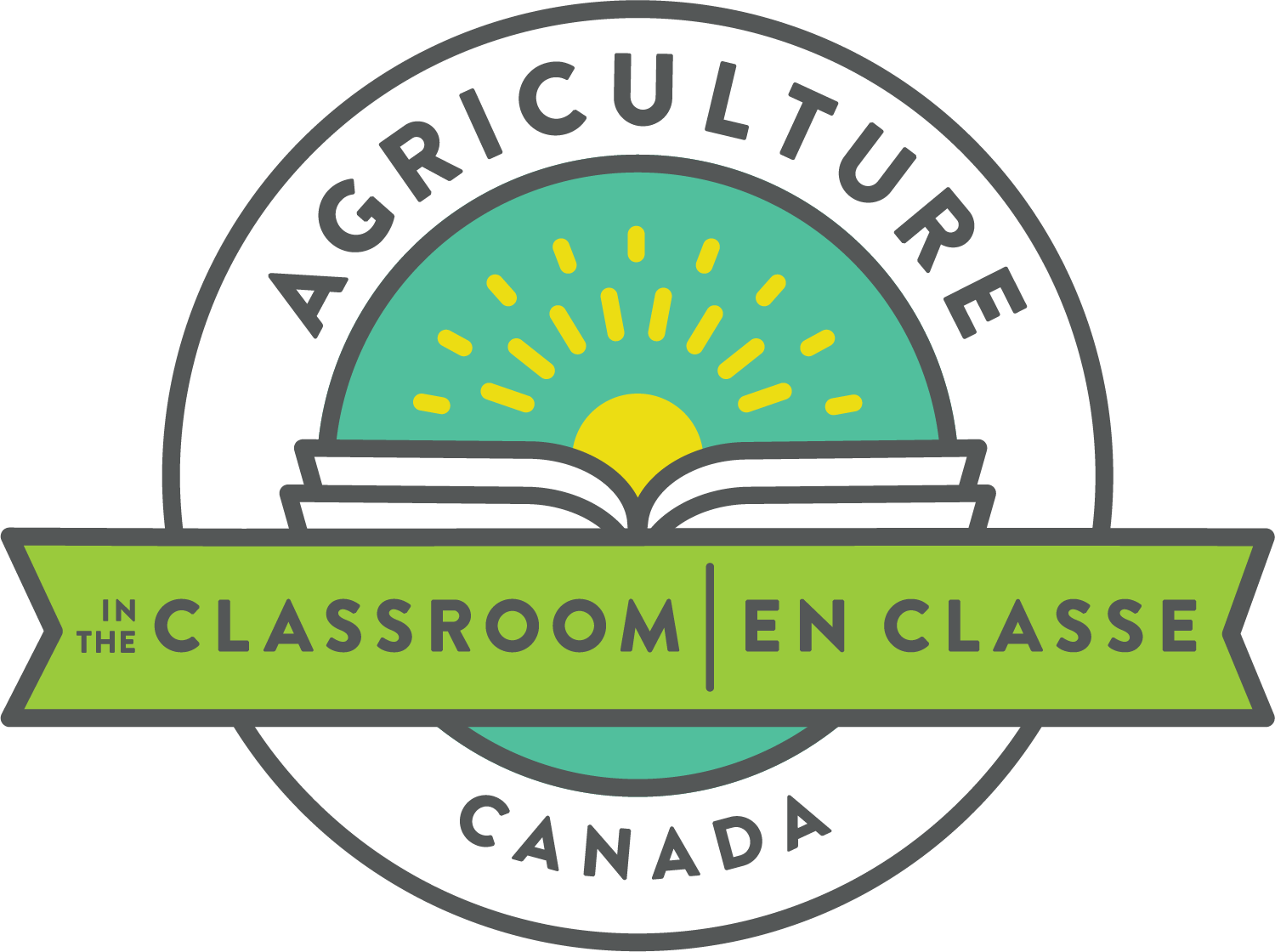AITC Canada Resource Listing
Filter resource results by:
Kareero
Kareero is a one-of-a-kind interactive interest assessment tool. Through the in-app development of a school gardening program, Kareero tracks your choices and actions to reveal your interest areas. Used in conjunction with Agriculture in the Classroom Canada’s thinkAG website, Kareero helps you explore careers that match your interests.
#MyFoodChoice
The #MyFoodChoice resource is an inquiry based resource where students will lead their own research, to answer the question of "How can I make informed food choices?" Through the five lessons students will develop critical thinking skills by utilizing interactive student sheets, engaging videos, and more.
8 Dimensions of Wellness
What is Wellness? What does Wellness mean to you? Why is it important to learn about health? How do we practice wellness everyday in our lives? Wellness is an active effort a person makes to work towards reaching the best state of well-being and health possible for themselves. Wellness incorporates many different elements of well-being that are all connected. Read "8 Dimensions of Wellness" to learn more.
A Wetland Adventure
A fun experience is going on a wetland field trip and learning about wetland ecosystems by studying life in a local pond, slough, marsh, fen or bog. These areas are often found on a local farm, and farmers must avoid these areas for protection of the wetland, and also because it is too difficult to use them for agricultural purposes. Through your classroom studies, and studies in the field, you will learn about organisms that live in, on and around wetlands and about adaptations that suit pond organisms to their environment. Through observation and research, you will also learn about the interactions among wetland organisms and about the role of each organism as part of a food web. The role of human action in affecting wetland habitats and populations is also something you will study.
Ag 101 Mini-Lesson: What's Grown in Alberta
Ag 101 Shorts are bite-sized video lessons that explore the basics of agriculture — from food and farming to sustainability and science — designed to spark classroom discussions and deepen student understanding of agriculture in a quick, fun, and engaging way. Easy to integrate. Just press play.
Ag 101: Carbon Sequestration
Did you know crops can store carbon and help fight climate change? 🌱 Through practices like cover cropping, reduced tillage, and healthy soil management, agriculture plays a big role in capturing carbon from the air and keeping it in the ground.
Ag 101: Carbon Sequestration Worksheet
Did you know crops can store carbon and help fight climate change? 🌱 Through practices like cover cropping, reduced tillage, and healthy soil management, agriculture plays a big role in capturing carbon from the air and keeping it in the ground. Have students watch our Ag 101: Carbon Sequestration video and follow along with this worksheet.
Ag 101: Crop Rotation
What is Crop Rotation? Did you know farmers don’t just grow the same crop every year? Crop rotation helps keep soil healthy, reduce pests, and grow better food. 🌾🌽🥕 🎥 Use this Ag 101 video to kick off a conversation about sustainability, soil health, or food production systems. Perfect for science, social studies, or environmental education!
Ag 101: Ecosystems Worksheet
These geographic areas where living things interact with their environment to form a bubble of life are found on every farm. Watch the Ag 101 video to learn how farmers are protecting their ecosystems and then fill out this worksheet.
Ag 101: Germination
Germination is the spark that turns a tiny seed into a thriving plant — and it all starts beneath the surface. And just like that seed, curiosity needs the right conditions to grow. That’s why, together with Bunge, we’re investing in the next generation of agriculture — by teaching students where food begins and why it matters.
Ag 101: Grain Elevator
Did you know that grain elevators were the first prairie skyscrapers?
These iconic wooden structures revolutionized grain storage in the late 1800s. By allowing farmers to quickly load and store bulk grain for shipment by rail, grain elevators became essential to the growth of agriculture and rural communities across the Canadian Prairies. Discover our AG 101 series to learn more!
Ag 101: Grain Elevator Worksheet
Did you know that grain elevators were the first prairie skyscrapers?
These iconic wooden structures revolutionized grain storage in the late 1800s. By allowing farmers to quickly load and store bulk grain for shipment by rail, grain elevators became essential to the growth of agriculture and rural communities across the Canadian Prairies. Discover our AG 101 series to learn more!
Ag 101: Harvest Part 1
Ever wonder how Alberta farmers bring in their harvest? From combines that gather grains and oilseeds, to speciality harvesters for potatoes, sugar beets, and pulses—every machine plays a vital role in feeding our communities. 🚜 Show your students: Watch our latest AG 101 video to see the equipment in action and spark conversations about technology, food systems, and careers in agriculture.
Ag 101: International Day of Awareness on Food Loss and Reduction Worksheet
Sept. 29th is International Day of Awareness on Food Loss and Reduction. Watch our Ag 101 video to learn the facts and complete this companion worksheet.
30 out of 335 results

